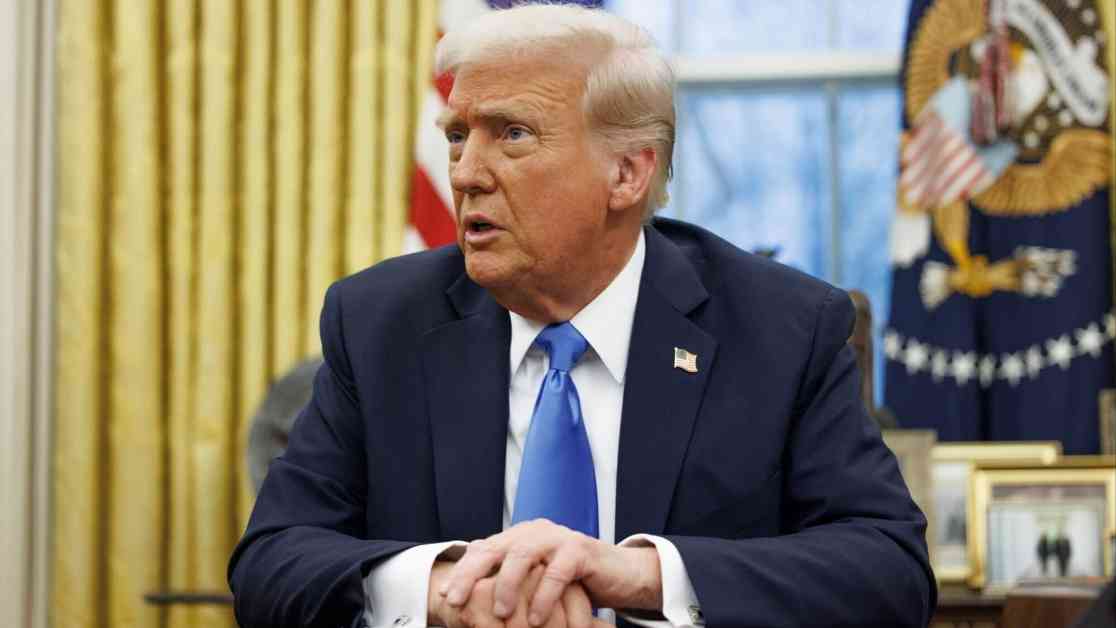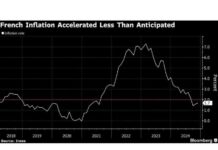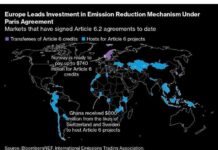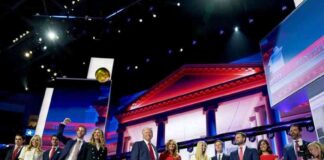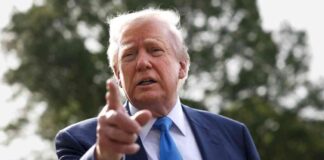President Trump recently announced a new plan to implement reciprocal tariffs on imported goods, sparking discussions and debates across the nation. This move is expected to have significant implications for the economy, trade relations with other countries, and the overall market landscape.
Implications for the Economy and Trade Relations
The concept of reciprocal tariffs revolves around the idea of imposing equivalent tariffs on imported goods from countries that already have tariffs on American products. This approach aims to level the playing field and address perceived trade imbalances that have long been a point of contention for the current administration. By implementing reciprocal tariffs, President Trump hopes to protect domestic industries, create jobs, and reduce the trade deficit.
Market Reactions and Expert Insights
The announcement of this new tariff plan has already caused ripples in the market, with fluctuations in stock prices and concerns about potential retaliation from other countries. Experts in the field of economics and international trade have expressed mixed opinions on the effectiveness of reciprocal tariffs as a long-term strategy. Some argue that it could lead to a trade war and harm American consumers, while others believe it is a necessary step to address unfair trade practices.
As the debate continues to unfold, it is important for policymakers and industry leaders to carefully consider the potential consequences of such a move. Finding a balance between protecting domestic industries and maintaining healthy trade relationships with other countries will be crucial in navigating the complex landscape of international trade.
In conclusion, President Trump’s announcement of reciprocal tariffs marks a significant development in the ongoing discussions surrounding trade policy and economic strategy. The implications of this decision are far-reaching and have the potential to shape the future of trade relations between the United States and its global partners. As the situation evolves, it will be essential for stakeholders to engage in constructive dialogue and thoughtful decision-making to ensure a sustainable and prosperous economic future for all.

